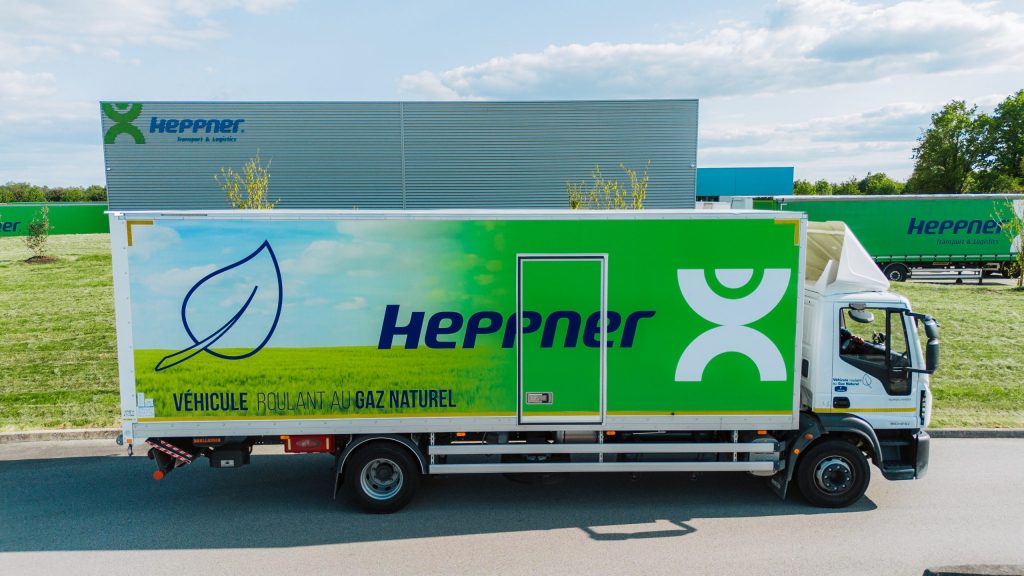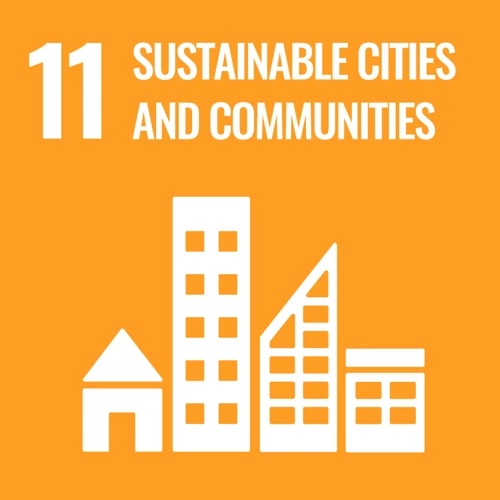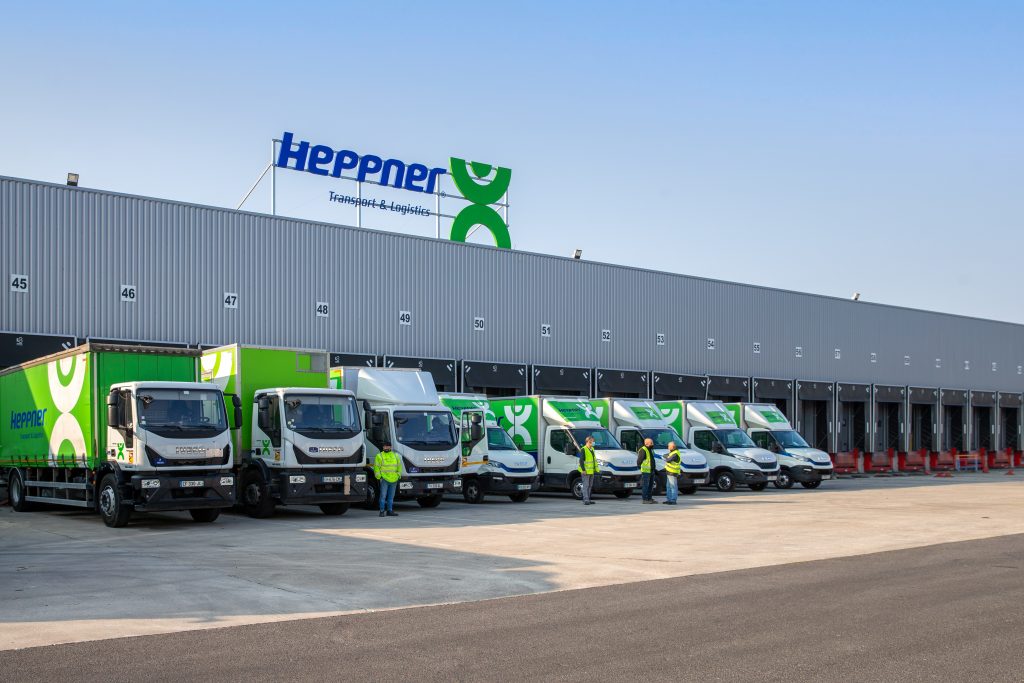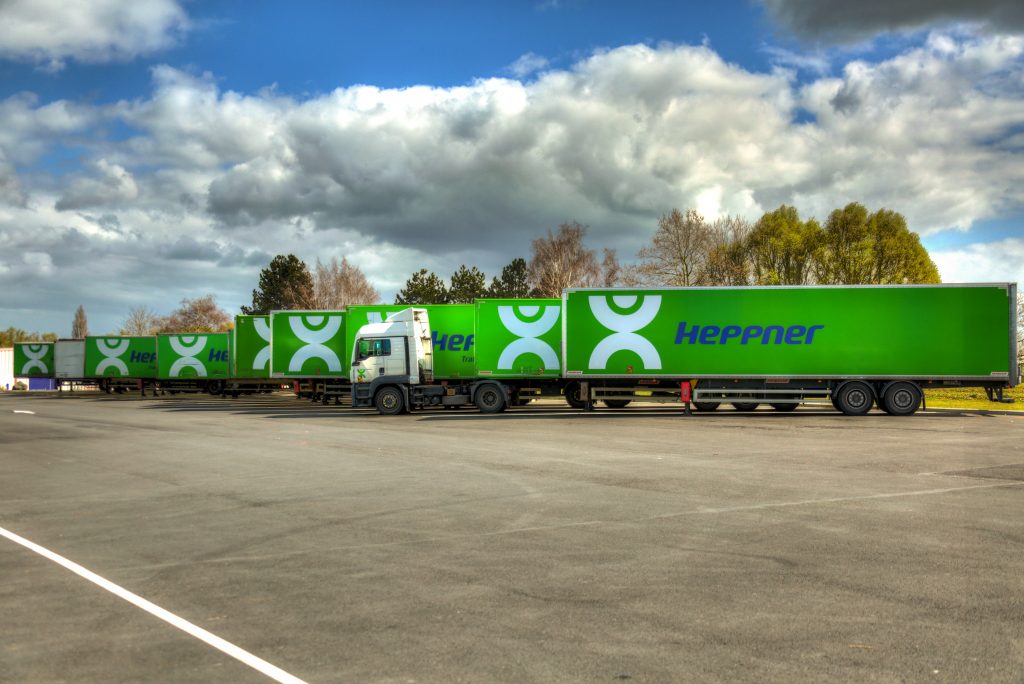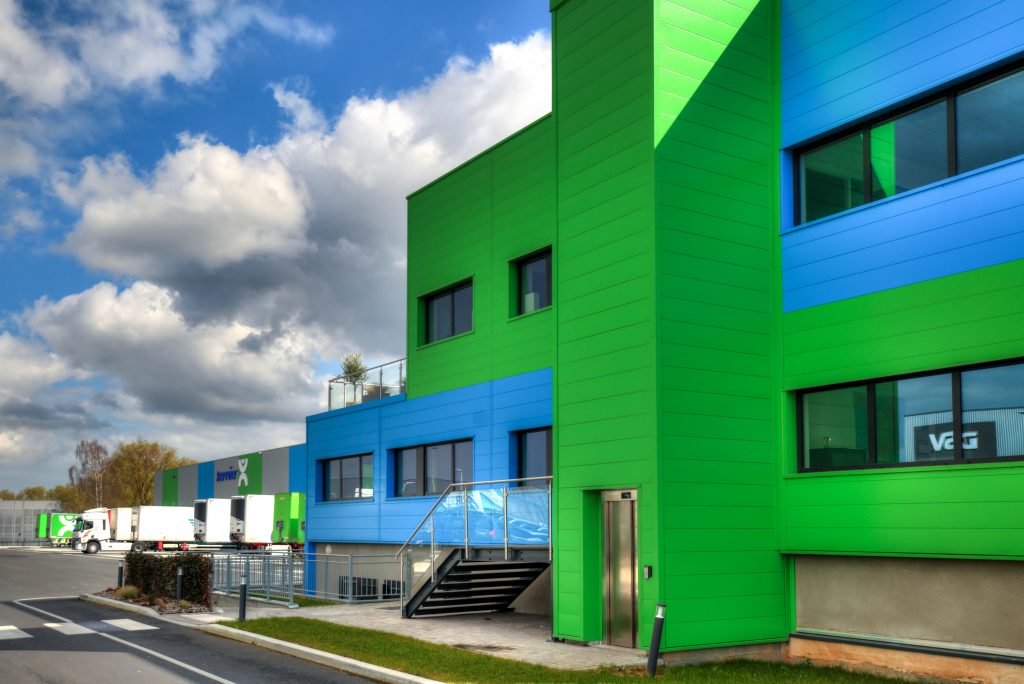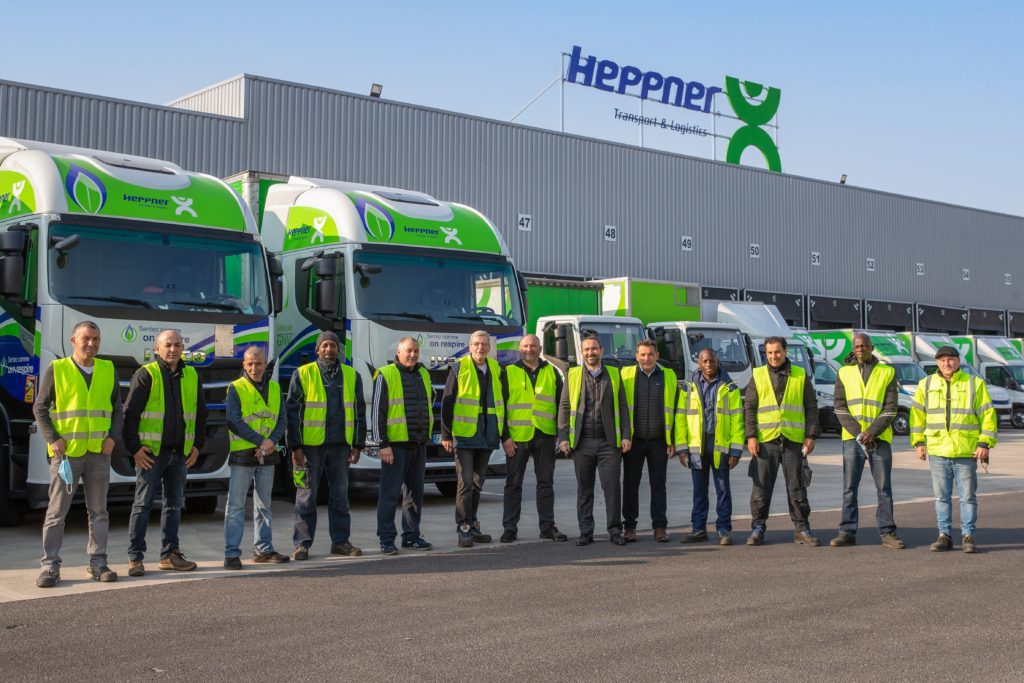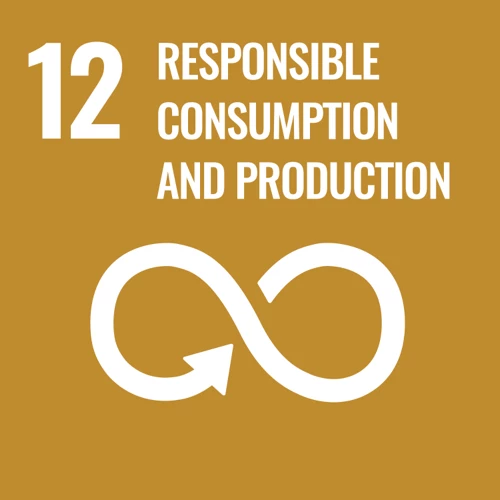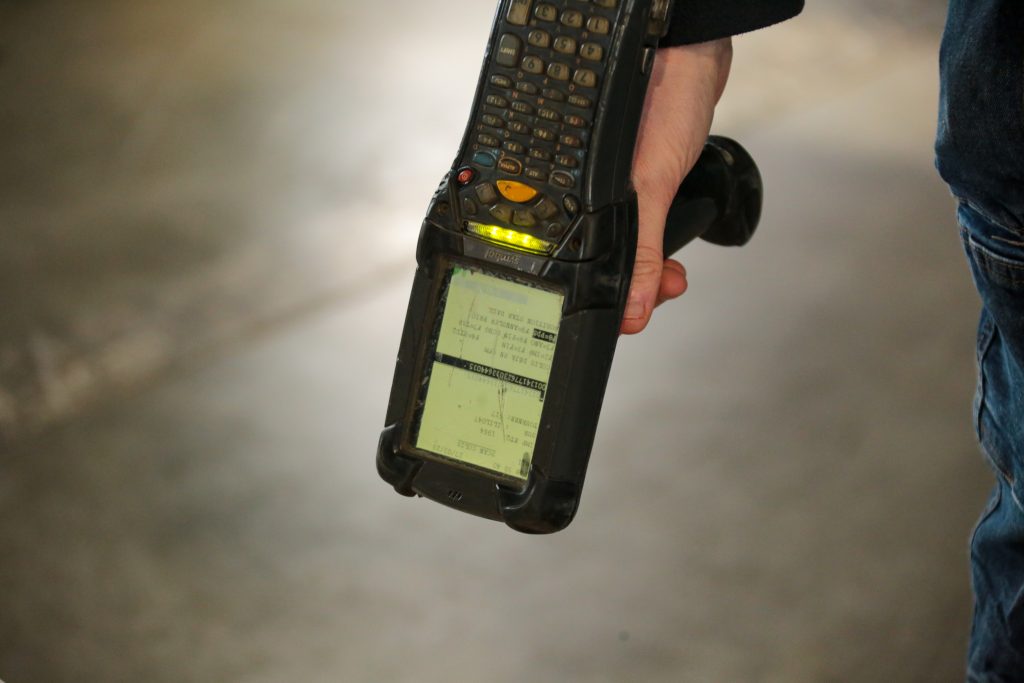An association of private players in the French logistics industry, representing the industry’s common interests before public authorities.
What are the main challenges facing the transport and logistics industry?
The industry faces many challenges. First, there are the economic challenges, since the industry is experiencing difficulties, in particular due to an imbalance in the competitiveness of French companies in relation to those of neighbouring competitor countries, which often have more favourable tax systems. There is also a major structural challenge in terms of the appeal of the jobs, work conditions and salaries offered by the industry, and the need to renew the age pyramid. Finally, there are major challenges posed by the ecological transition, for which there are various issues to address. First of all, there is the question of space, which needs to be found so that logistics warehouses are located in the right places, without increasing distances and, consequently, the environmental impact of transport.
Then there is the question of the energy transition, with an overall trend towards the electrification of transport modes, but with obstacles such as the availability of vehicles on the market, their higher cost, or the availability of charging points. Finally, the last area of work on these issues concerns the adaptation of “ways of doing and organising” for transport companies: vehicle charging times, optimisation of loading and deliveries, particularly in urban areas.
What is your vision for the ecological transition?
On the issue of ecological transition, we advocate realistic and reasonable planning, that is, adapting the planning to local needs (network, available fuels, etc.) and implementing it at the right pace, taking into account the adaptation of the industrial fabric (vehicle availability and efficiency, power supply, charging points, etc.). Manufacturers in the EU are under strong pressure to move towards electric vehicles; however, they are not suitable for all uses and are not accessible to everyone. Cities that have introduced Low Emission Zones (LEZs) realise this, and are showing flexibility in their implementation, because if the electric vehicles are not available on the market, it is not practical to impose them on hauliers.
How do you view the work of responsible players like Heppner?
I think Heppner’s focus on the entrepreneurial spirit is sensational. When it comes to decarbonising business activities, it is a way to engage their employees with this dynamic and instil a sense of ownership and pride. Externally, this spirit helps drive progress, get subcontractors on board, and support customers in moving successfully towards greener growth. So, it is a dynamic, positive process in which steps forward are made lucidly and responsibly, choosing the right time for each step for the company’s economic equilibrium and that of its partners. This is fully in line with France Logistique’s vision of fair ecological planning, for which we advocate “the right pace and the right mix”.

